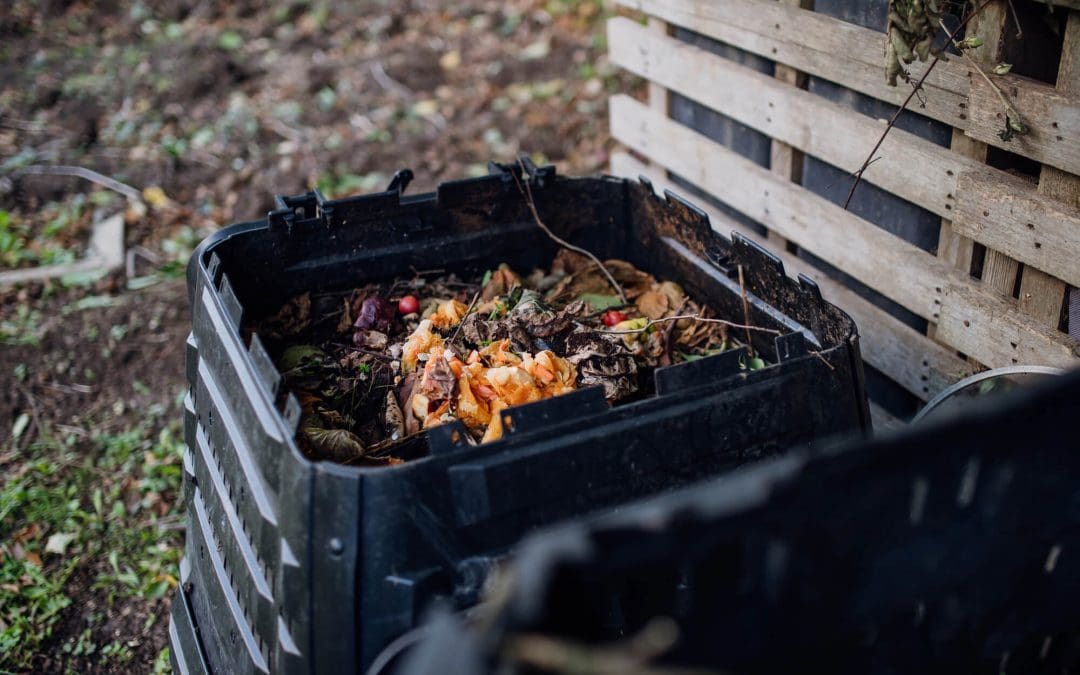If you’ve ever thought about cutting down on food waste, improving your garden soil, or just trying something new and sustainable, backyard composting is a great place to start. It doesn’t require fancy equipment or a big investment. All it really takes is a little bit of know-how and a space to let your organic materials break down naturally. Here’s what every beginner needs to understand to get started with backyard composting and avoid the common pitfalls.
What Backyard Composting Actually Involves
Backyard composting is the process of turning kitchen scraps, yard waste, and other organic materials into nutrient-rich compost that your garden will love. This process happens naturally through decomposition. You’re just giving it the right environment to work faster and cleaner.
At its core, composting needs four basic ingredients: greens (like vegetable scraps), browns (like dry leaves), moisture, and airflow. When those are in balance, decomposition works efficiently and produces a dark, crumbly material that smells earthy and fresh—not rotten.
How to Start Backyard Composting the Right Way
You don’t need a big yard or an expensive bin to start. For most beginners, a simple open pile in a shady corner of the yard or a basic compost bin works just fine. Start by collecting your kitchen scraps—fruit peels, coffee grounds, eggshells—and layering them with yard waste like dry leaves or small sticks.
The key to backyard composting success is keeping a good balance of greens and browns. Greens add nitrogen, which fuels decomposition, while browns add carbon, which gives structure and absorbs moisture. Too many greens will result in a smelly, soggy mess, while too many browns will prolong decomposition.
Turn the pile regularly with a shovel or pitchfork to keep oxygen flowing. This helps the microbes do their job and speeds up the process. Also, keep your compost pile damp—like a wrung-out sponge. If it dries out, decomposition will slow to a crawl.
What You Should and Shouldn’t Add to Your Backyard Compost Pile
One of the most common mistakes with backyard composting is throwing in the wrong stuff. A good rule of thumb: if it came from a plant, it’s probably safe. Stick to raw vegetable scraps, fruit peels, coffee grounds, tea bags, grass clippings, dead leaves, and shredded newspaper.
Avoid meat, dairy, oils, and anything greasy. These can attract pests, cause odor problems, and take much longer to break down. Pet waste is also a no-go. It can carry harmful bacteria that shouldn’t be in compost meant for your garden.
Citrus peels, onions, and garlic can technically be composted, but they break down slowly and can sometimes repel worms, which you want in your pile. If you’re just starting out, it’s fine to leave those out.
Troubleshooting Common Backyard Composting Problems
If your compost pile smells bad, it probably has too many greens and not enough browns. Add more dry material like leaves or shredded cardboard, and mix well. If the pile looks dry and nothing’s breaking down, add a bit of water and stir it up to get air circulating again.
Seeing bugs, worms, or other critters in your compost pile? That’s actually a good sign. It means the pile is active. As long as you’re not attracting rodents or raccoons, you’re on the right track. Keeping meat and dairy out of the pile helps prevent any unwanted visitors.
If you’re impatient for finished compost, chop your materials into smaller pieces before adding them to the pile. Smaller pieces break down faster and help the pile stay active.
How Long It Takes and What to Expect
Composting isn’t instant. Depending on your climate, how often you turn the pile, and how balanced your materials are, you can expect usable compost in two to six months. You’ll know it’s ready when it looks dark and crumbly, with a rich, earthy smell. If you can still recognize the original materials, give it more time.
There’s no need to rush. Even a slow compost pile is still doing something good. Stick with it, adjust as you learn, and you’ll end up with a natural soil booster that improves your garden and keeps waste out of the landfill.
FAQs
Can I compost during the winter?
Yes. Decomposition slows down in cold weather, but it doesn’t stop completely. Keep adding materials and the process will pick back up when it warms up.
Does backyard composting attract animals?
Not if you’re doing it right. Avoid adding meat, bones, dairy, or cooked foods. Keep your pile covered and turned regularly.
Can I compost weeds or plants with disease?
Avoid composting weeds that have gone to seed or plants with visible disease. Home compost piles usually don’t get hot enough to kill pathogens or weed seeds.
Is compost safe to use on vegetables?
Yes, as long as you’ve composted the materials properly and avoided contaminants like pet waste or treated wood.
How do I know if my compost is working?
Look for signs like heat in the center of the pile, the presence of worms and bugs, and steady breakdown of materials. If your pile smells earthy and keeps shrinking, it’s working.
Pro Spect Home Inspections offers home inspections to customers in Citrus, Hernando, Pasco, Hillsborough, and Pinellas counties. Contact us to schedule our services.

